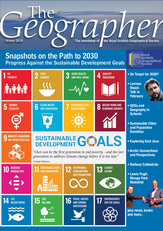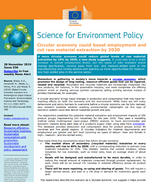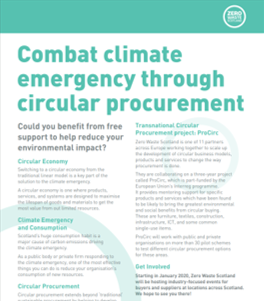|
Mayor of London's Office has released new data showing that the introduction of electric taxis and buses, the ultra-low emission zone and other air improvement interventions since 2016, has had a massive improvement in lowered nitrogen dioxide (NO2) pollution in London.
In 2016, London’s air quality monitoring stations detected over 4,000 hours of NO2 levels in breach of EU Ambient Air Quality Directive limits. In 2019 the breaches of the hourly limit fell by 97% to only 100, and only from Westminster. Greater London has seen a 21% average reduction in NO2 concentrations between 2016 and 2019, with substantial falls recorded in low emission bus zones. The mayor of London, Sadiq Khan, said: “Toxic air is a national health crisis contributing to thousands of premature deaths every year. I have taken bold action in London with measures such as the world’s first ultra low emission zone and low emission bus zones, and it’s undeniable that these are making a difference to the air we breathe. We’re doing all we can in the capital, with proven results, so there are no excuses left for the government’s failure to match our levels of ambition.” Read more here... SPL are thrilled to have been working closely with NHS Trusts accross the UK on Sustainable Development Management Plans, Sustainable Procurement, Circular Economy and more. The NHS has now launched ‘For a greener NHS programme’, to work towards becoming carbon zero. View case studies and examples of recent work here.
The Circular Economy Task Force have produced “Plastic Promises”, a report highlighting that in the rush to reduce reliance on plastics, UK companies are in danger of swapping from plastic to other materials with new, and potentially greater, environmental consequences, including higher emissions.
The accelerating public pressure to reduce the reliance on single use plastics, has not been mirrored at the same rate with suitable leadership and guidance on tackling the issue responsibly. Read the full report here.
SPL have been working closely with Scottish Government Procurement to review Climate Change commitments and aspirations, and how these are affected by what is being purchased, how much is being purchased, and how purchases are made.
Read more about the initiatives to change behaviours on the Scottish Government Blog.
Approximately 10 million tonnes of furniture is discarded annually across the EU (Eunomia, 2017).
SPL encounters many cases of furniture category procurement, initially not considering refurbishment, repair and/or re-manufacture. See Warp-IT for case studies of how clients have benefited from considerations in procurement, and category lists of available items - re-think the procurement model! Congratulations to the Scottish Government ICT team, who have been awarded Team of the Year at 2019/20 Go Awards Scotland.
The team are recognised for their outstanding support to ICT buyers, establishing an online network for support for over 300 users, developing and providing tools and training, and delivering a collaborative dynamic purchasing system (DPS). Committed to building sustainability into all procurements, the ICT Team work collaboratively with organisations such as SPL. This year the team was the only UK organisation to be recognised by the Green Electronics Council at the EPEAT Purchaser awards, for leadership in the procurement of sustainable IT products.
The UK government have introduced the Environment Bill, committing to maintaining and improving environmental protections as the UK leaves the EU.
Environmental principles are to be protected by law, including measures to improve air and water quality, tackle plastic pollution, improve waste management and resource efficiency, and restore and enhance habitats. Read more about The Bill here. |
Archives
July 2024
Categories |
- Home
- About
-
Our Work
- Scottish Government
- Driving emissions reduction in supply chains
- Buying Social Justice - equality in procurement
- World Bank - Africa and Caribbean Sustainable Public Procurement
- America - OAS and IDB
- Jamaica - public procurement
- India - sustainable procurement training
- SPL in Africa
- ITAIPU Binacional and Latin America
- City of Greater Geelong
- Marrakech Task Force
- Health and Social Care
- Greater London Authority
- Innovation in procurement
- Circular Economy
- Plastic Waste Reduction in Canada
- SPL Blog
- Contact
Site powered by Weebly. Managed by netnerd.com
Photos from Eric Kilby, andreboeni





 RSS Feed
RSS Feed
